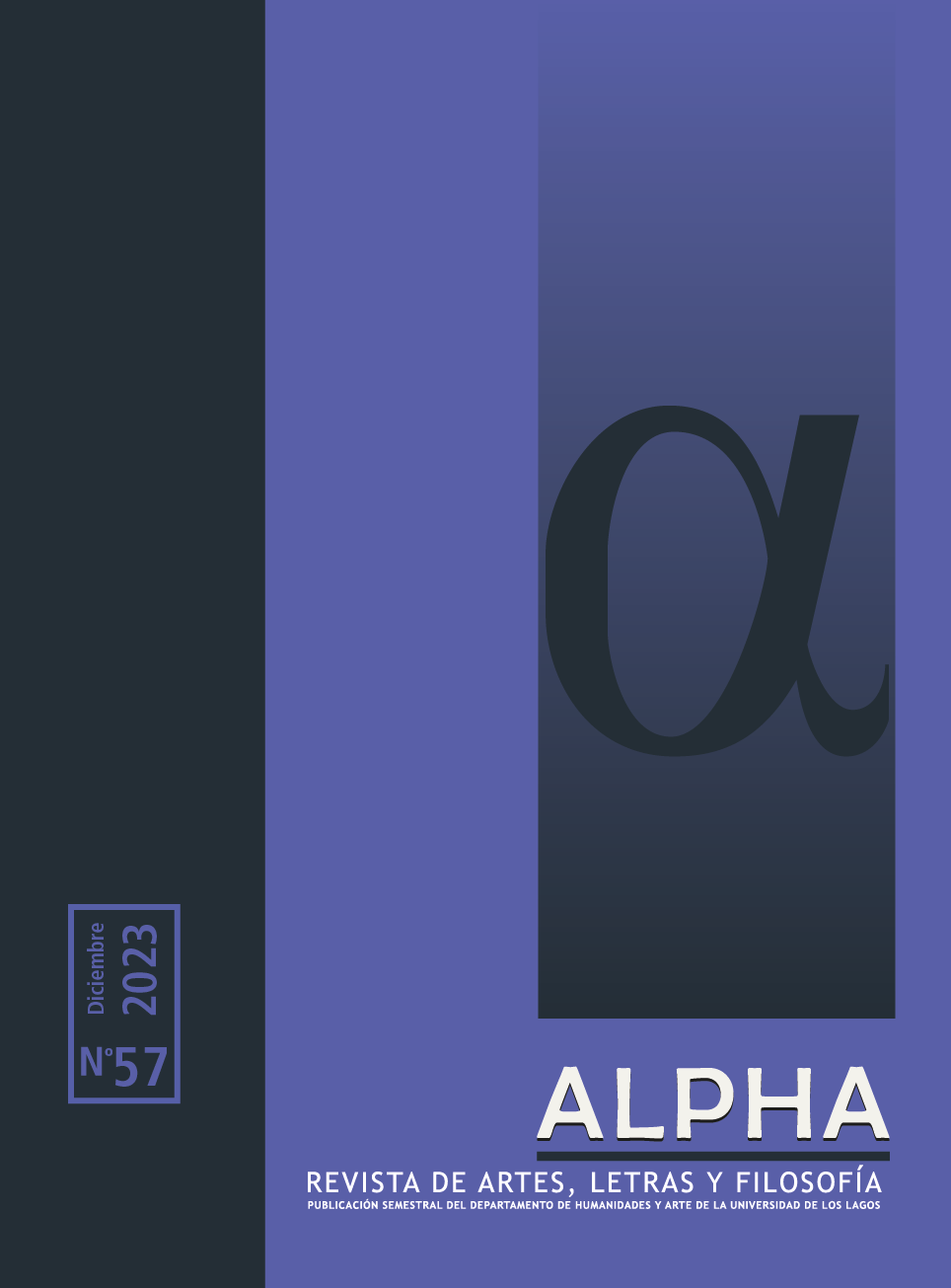Childhood as a primeval absolute in the novels El mercurio, El río de la luna y Esta pared de hielo by José María Guelbenzu
Main Article Content
Abstract
This article analyzes the construction of childhood in the novels El mercurio (1968), El río de la luna (1981) and Esta pared de hielo (2005), by José María Guelbenzu, in the light of the mythical-symbolic concepts of Bachelard and Durand to demonstrate that it functions as a primitive absolute to which it is sought to return constantly, since it protects the characters until the imminent clash with adult reality. This to conclude that in their adulthood the characters observe childhood with the desire to return there, this has a palliative function through memory and word, therefore, Guelbenzu’s narrative proposes the return to the child environment trough literary images to preserve that world of fantasy.
Article Details
Downloads

This work is licensed under a Creative Commons Attribution-NonCommercial 4.0 International License.
